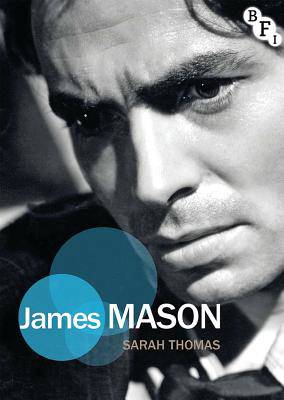
- Afhalen na 1 uur in een winkel met voorraad
- Gratis thuislevering in België vanaf € 30
- Ruim aanbod met 7 miljoen producten
- Afhalen na 1 uur in een winkel met voorraad
- Gratis thuislevering in België vanaf € 30
- Ruim aanbod met 7 miljoen producten
Zoeken
Omschrijving
Sarah Thomas's study moves beyond the image of the brooding, destructive man at odds with employers and his own star status to explore the complexity of Mason's career and star persona. Her analysis is structured around three strands central to understanding stardom: the star persona, industry and power, and screen performance. Thomas addresses the incredible range of Mason's star career - 1930s 'quota quickies'; 1940s Gainsborough melodramas; the desperate IRA man in Carol Reed's 'Odd Man Out' (1947); from the 1950s onwards, Hollywood classics including starring in Hitchcock's 'North by Northwest' (1959) and playing Humbert Humbert in Kubrick's 'Lolita' (1962). She also considers in depth his undervalued post-1962 career, off-screen celebrity status, non-film work, comic and vocal performances, and the star's own self-commentary. In doing so, she offers a new perspective on such subjects as power and powerlessness; public image and national identity, contextualizing Mason's career in wider histories of British, American and European transnational filmmaking.
Specificaties
Betrokkenen
- Auteur(s):
- Uitgeverij:
Inhoud
- Aantal bladzijden:
- 146
- Taal:
- Engels
- Reeks:
Eigenschappen
- Productcode (EAN):
- 9781844576357
- Verschijningsdatum:
- 14/12/2016
- Uitvoering:
- Paperback
- Formaat:
- Trade paperback (VS)
- Afmetingen:
- 140 mm x 190 mm
- Gewicht:
- 185 g

Alleen bij Standaard Boekhandel
+ 79 punten op je klantenkaart van Standaard Boekhandel
Beoordelingen
We publiceren alleen reviews die voldoen aan de voorwaarden voor reviews. Bekijk onze voorwaarden voor reviews.











